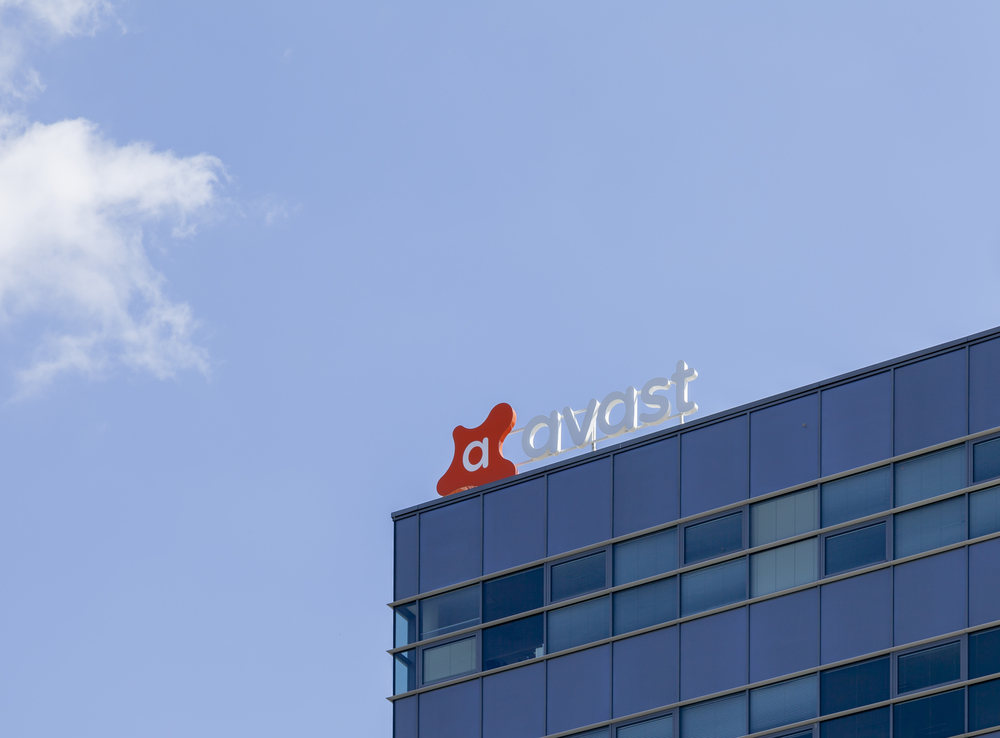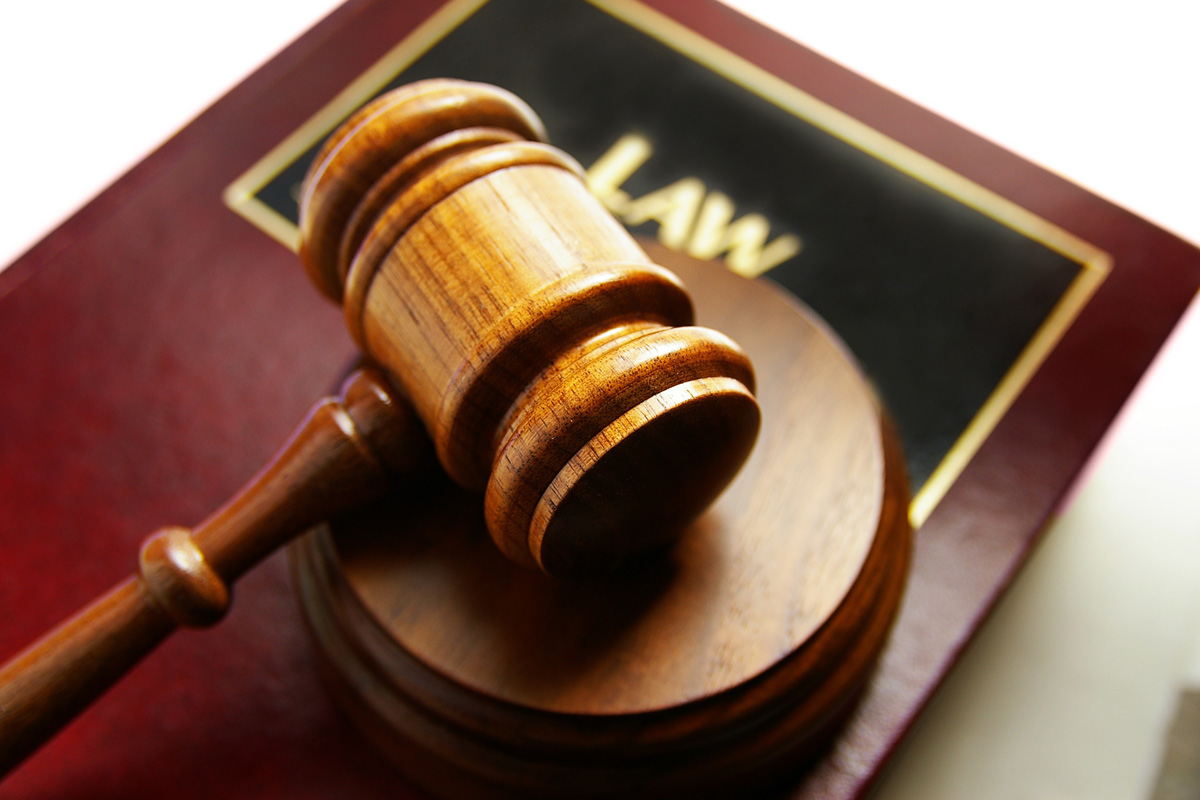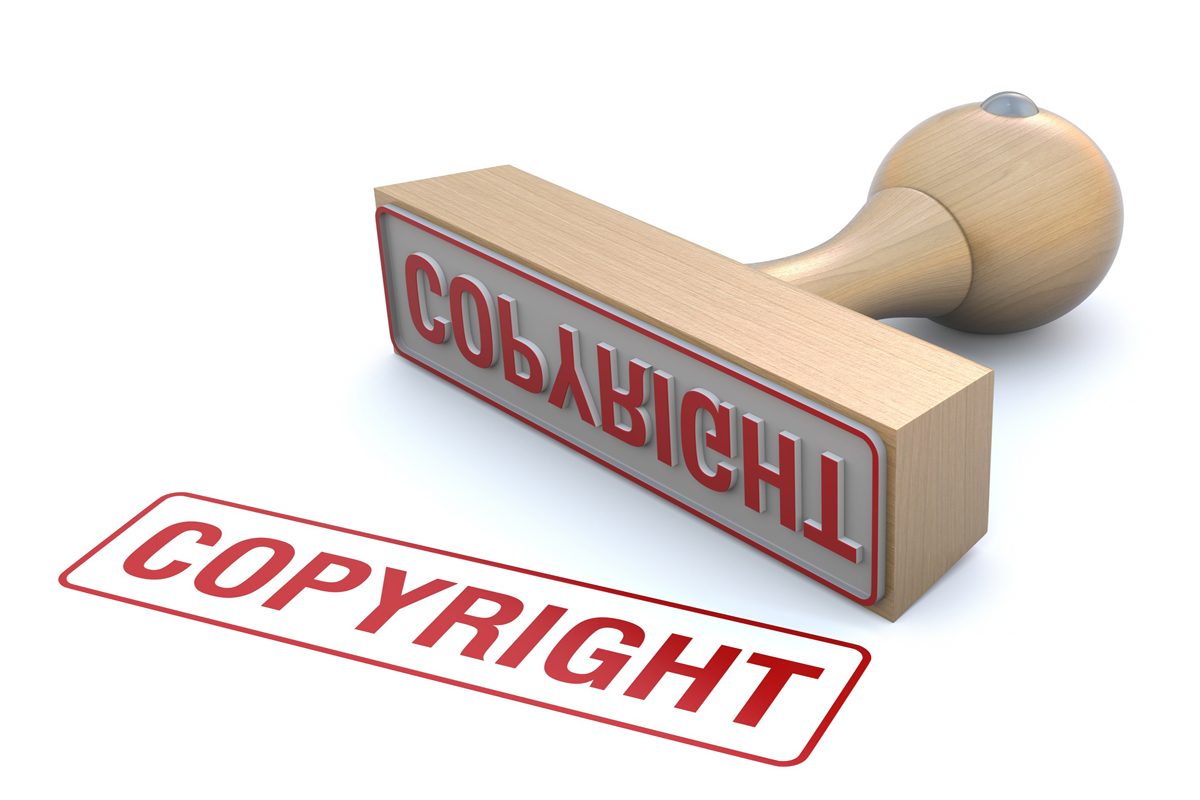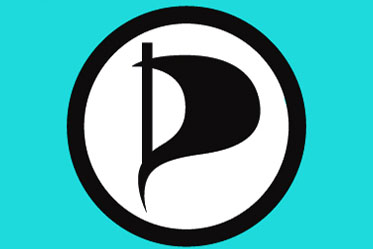Google's privacy and copyright challenge
Google faces battles on both privacy and copyright fronts, as it continues to move into different areas on the web.


There is no denying that Google is a giant success. But its size has made the "do no evil" mantra all the more difficult for it to follow and for some of us to believe.
Lately, it seems every new release and every new decision draws the ire of someone, be it politicians, privacy campaigners, or even villagers.
While the Google brand is certainly in better shape than many tech firms, its constant moves to control more and more of our data and information has some up in arms.
Privacy
Three recent announcements have drawn the attention of privacy campaigners in the UK Latitude, Street View, and behavioural advertising.
Latitude is Google's mobile tracking system. Sign up for it, add your friends, and you can all see exactly where each other is via your mobile phone signal pinpointed on a Google map. Handy if you're bored and want to know who's out and about, but the location tracking system could be frightening for a host of other reasons, some say.
Last month, Liberal Democrats Home Affairs spokesman Tom Brake filed an early day motion (EDM) asking the government to look into Latitude. Brake said: "This system poses an insidious threat to our hard-won liberties. 24-hour surveillance and a Big Brother society are new realities."
Get the ITPro daily newsletter
Sign up today and you will receive a free copy of our Future Focus 2025 report - the leading guidance on AI, cybersecurity and other IT challenges as per 700+ senior executives
But the heat was off Latitude after Street View was unveiled in the UK. The photo mapping system features street-level photos of 25 cities, offering a virtual tour of places such as London, Manchester and more. But some people aren't so happy having their homes, cars and selves photographed and mapped even with face and number plates blurred.
The backlash didn't take long to start. Within a day, Privacy International was on the case, asking the Information Commissioner to shut the site down.
In a statement, Google said: "The truth is that this is an empty and entirely predictable publicity stunt by an organisation that is far from impartial when it comes to the issue of Google and privacy."
But it's not just publicity for some. It all came to a head last week, when angry villagers prevented a Street View camera car from taking pictures of their surely idyllic streets.
A move to behavioural advertising has garnered fewer angry towns, but possibly because it's a bit less in your face. Last month, Google announced it would download a cookie to a user's browser, so it could track browsing across sites and display more relevant advertising through its own networks.
Campaigners called the system a "privacy minefield", but both Google and the Information Commissioner's Office pushed user choice to edit service preferences as a solid intrusion prevention measure.
So, the issue of privacy has tarnished Google's shine a little it's well aware of the fact, and signed up to a privacy code. And, as the web giant's spokespeople have rightly pointed out, Latitude requires a user to join the service and sign in, while any picture in Street View was taken from a public road. People can hardly blame Google for Latitude hurting their privacy if they joined the service in the first place, while it's hardly a private photo if it's taken from the roadway.
But, as some have noted, this is just the start. Many privacy pundits are more concerned about what the next step is and that there are no laws in place preventing that next step from being taken.
Either way, it has made many people sit up and take notice about what Google is doing, and rightfully debate the level of importance the web giant has found in our lives.
Freelance journalist Nicole Kobie first started writing for ITPro in 2007, with bylines in New Scientist, Wired, PC Pro and many more.
Nicole the author of a book about the history of technology, The Long History of the Future.
-
 Avast plans London listing in UK's largest ever tech IPO
Avast plans London listing in UK's largest ever tech IPONews The antivirus firm is expected to hit a $4 billion valuation
By Dale Walker
-
 Pirate Bay co-founder to face Swedish copyright charges
Pirate Bay co-founder to face Swedish copyright chargesNews File sharing site's co-founder, Gottfrid Svartholm Warg, arrested in Cambodia.
By ITPro
-
 EU rules ISPs can't be forced to filter pirated content
EU rules ISPs can't be forced to filter pirated contentNews ISPs shouldn't be made to monitor their traffic in order to spot IP infringements, the EU has ruled.
By Nicole Kobie
-
 Kroes speech fuels copyright debate
Kroes speech fuels copyright debateNews Digital agenda champion slams “straitjacket” of single model and calls on IT industry to find “transparent” tracking technologies.
By Miya Knights
-
 ICO to investigate ACS:Law data breach
ICO to investigate ACS:Law data breachNews The ICO has said it will be looking into the ACS:Law data breach which exposed web users' information.
By Tom Brewster
-
 Hollywood wins piracy case against Newzbin
Hollywood wins piracy case against NewzbinNews But the Usenet site thinks it's all a waste of time, as the pirated content is all still online.
By Nicole Kobie
-
 Pirate Party sets sail in the UK
Pirate Party sets sail in the UKNews The Pirate Party is now an official political party in the UK, and plans to stand in the next election.
By Nicole Kobie
-
 Pirate Bay founders denied retrial over judge ‘bias’
Pirate Bay founders denied retrial over judge ‘bias’News The Pirate Bay suffers a blow as it is ruled that the judge in charge of the original copyright case was not biased.
By Asavin Wattanajantra

